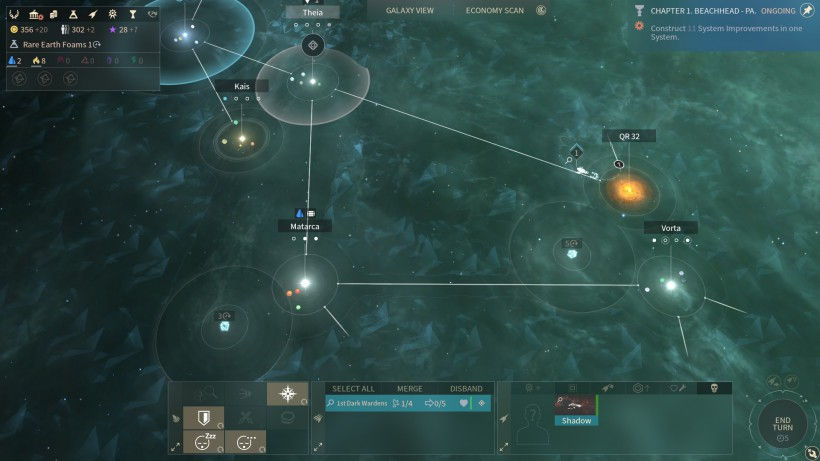Sitting and Watching the World go by in Games: The Aquarium Effect
- Derek Chan
- Jan 22, 2020
- 3 min read
Updated: May 5, 2020
The Question on the table: Why is sitting and doing nothing one of my favorite things to do in a game?
As much as games are about actively interacting with the world (e.g. running, shooting, hitting, jumping, breaking), some of the most moving and important moments in games for me have involved no key input whatsoever.
For me the experience of "Sitting and watching the world go by" (or the Aquarium Effect), is encapsulated by sitting and listening to the markets in Mass Effect. As a young kid, I had a my habit of finishing a session of playing Mass Effect by just watching NPCs (or non-player characters) in the market go through their walk cycles and loop through the same dialogue.

It all felt so alive.
It was at this moment the stakes felt real. I had a reason to go out and ceaselessly shoot mercenaries, hostile aliens, rogue AI platforms, and space criminals in the face. In a way, shooting all these people in the face made peaceful, everyday life possible. Admittedly there is a definite mood whiplash between the core mechanical loop of violence and the immersive, soundscape, landscape, people-scape of a peaceful space market. Mass Effect's Citadel markets were the dessert to the meat and potatoes of my play session: a peaceful, immersive aquarium I could rest in before quitting the game. I call this the Aquarium Effect because it feels similar to watching fish go about their lives in an aquarium. Someone smarter probably has a better name and maybe even better ideas about it, but here's my key takeaway: a fictional world needs to feel real even when I'm not actively meddling with it.

In contrast to the Mass Effect's peaceful Aquariums, I also felt this effect at the end of Kiki's Delivery Service. The image that is burned into my memory is the image of dock workers wheeling fish back and forth between their boats and the market stalls. In theory, this should be an awesome Aquarium moment: non-important characters appearing to have lives in the backdrop of the main character. What shatters the pleasant aquarium effect in this case is the fact that Kiki never goes to the docks herself. The docks aren't a significant part of her life in the city whatsoever. When I see dock workers working on a dock and know that docks never meaningfully play a part in Kiki's life, I get mad. Or maybe confused. It's like that moment you stop feeling the magical emotions of a film and start thinking through the rational logic instead.

The final example I'll present is Endless Space 2, a game that takes place entirely within an Aquarium. 4X games will frequently talk about "1-more turn" syndrome. I won't go into depth about that here, but I'd argue that 30% of why I'd play ES2 until 6am was because of the "1-more turn" syndrome, and 70% because the world felt alive beneath my fingertips: ships buzzing along trade routes, dates ticking down to elections, construction projects growing steadily larger and larger.
What do these experiences have in common? Or rather, what is a rigorous definition of an Aquarium Experience? From what I can see, these 3 examples have the following in common:
1) Things working by themselves
2) Building a world you can't interact with that adds context and greater depth to the ways you can interact with the world
3) Physically immersive spaces
4) Rich soundscapes (even if real-life aquariums don't specifically have sounds, everyone knows what being underwater in the ocean sounds like)

Comments